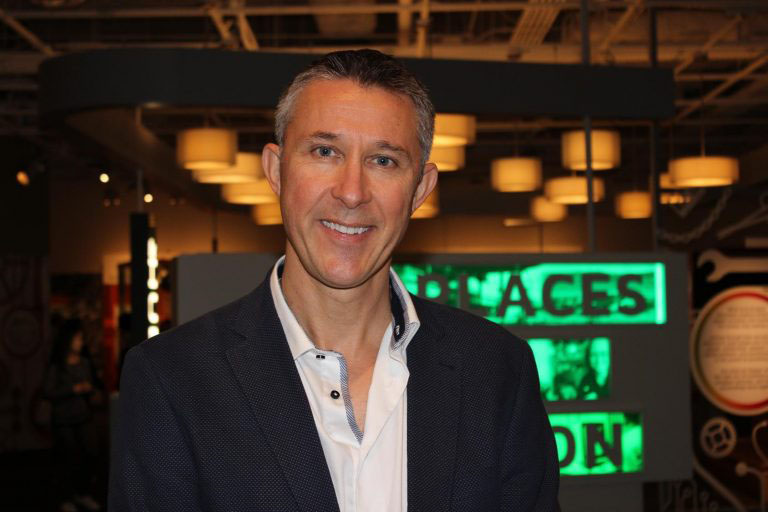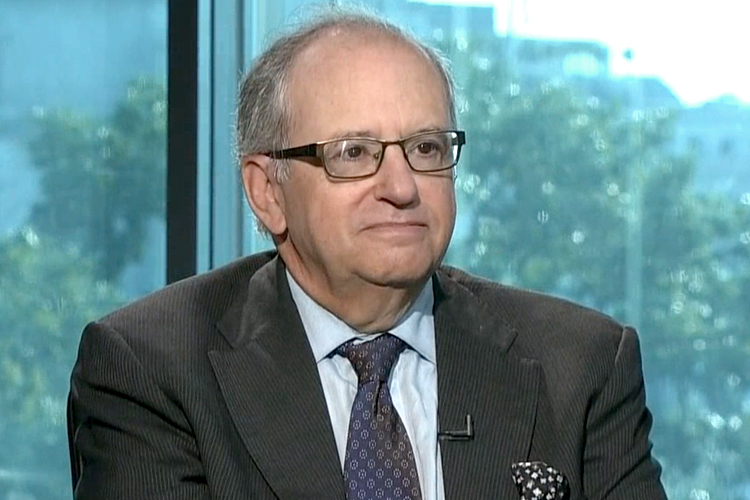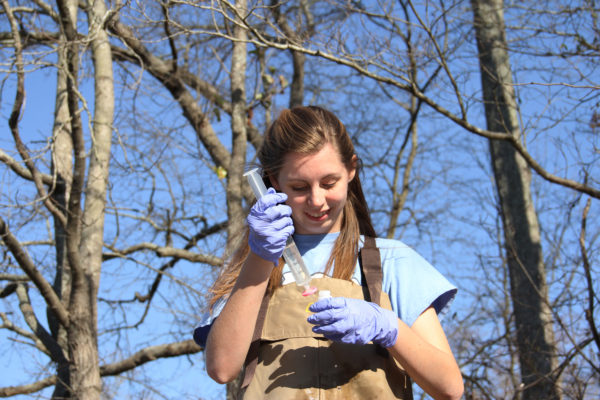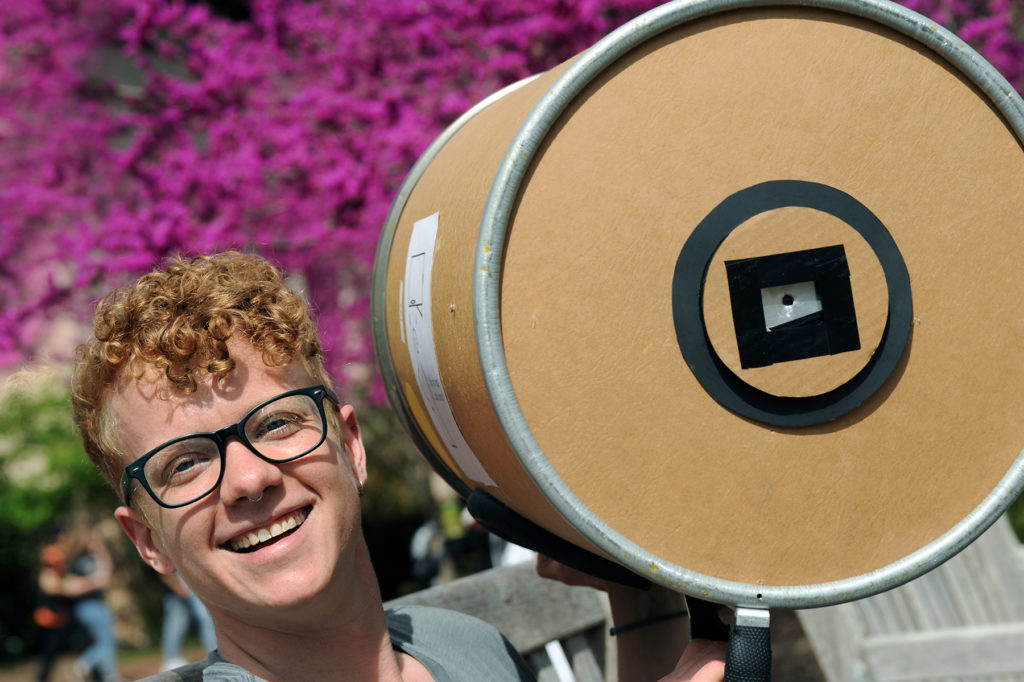After 25 years as director of the UNC Center for Urban and Regional Studies (CURS), Bill Rohe stepped down and entered phased retirement on June 30, 2019. This doesn’t mean Rohe won’t be seen around Hickerson House, the home of CURS, anymore. Even in phased retirement, he’ll be working on five grant-funded research projects and will continue teaching in the department of city and regional planning. Recently, CURS’ Andy Berner sat down with Rohe and talked about his time at the center.
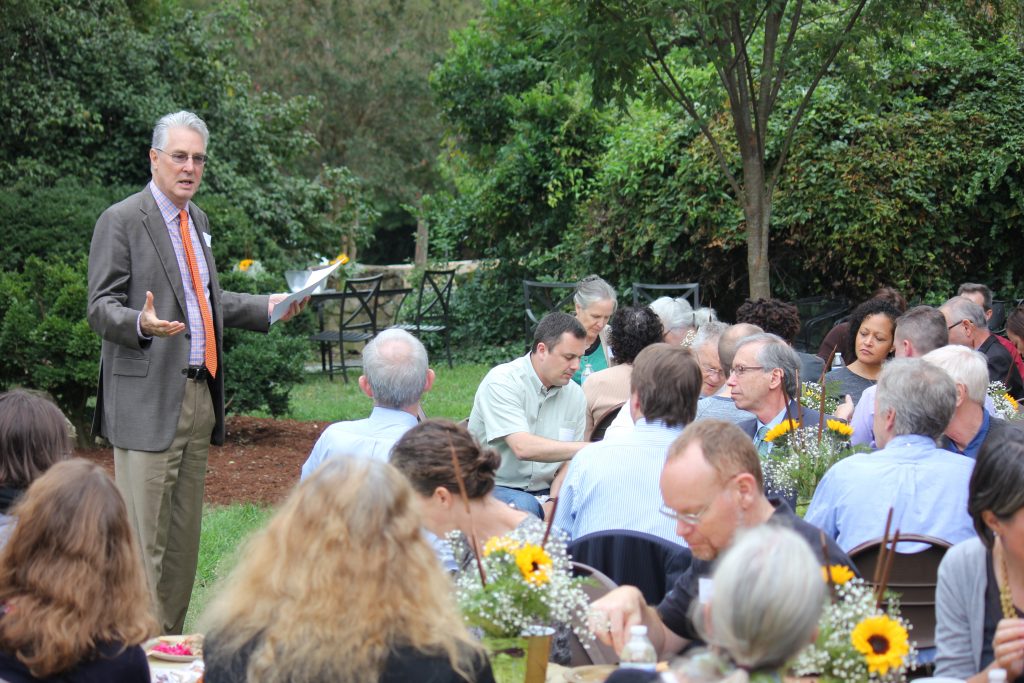
What was CURS like when you became director in 1994?
Well, I like to think about that because there wasn’t much going on at the time. There had been an interim director for about a year and a half and that interim director was the head of the department of city and regional planning (DCRP) so he was quite busy taking care of the department and very little attention was paid to CURS.
There were two staffers at that time. We had an administrative assistant and an administrative manager. I was on the job maybe all of one week or so when the administrative manager came in and said, “Bill, I want to let you know that the postman usually eats his lunch in the conference room and then takes a nap on the floor. Is that still okay?” (laughs) Of course I said no more postman having lunch – no more postman taking a nap on the conference room floor. When I took over, the place was in a state of suspended animation.
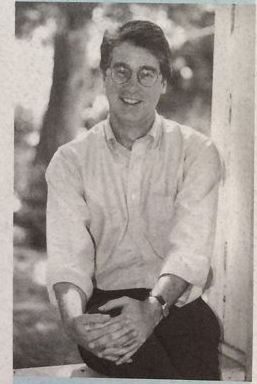
The total amount of the research under management was about $400,000 with two or three projects that were being managed by the Center at that time. Earlier there had been two CURS researchers, but those researchers had been pulled into DCRP to teach. Ray Burby was one of them and Dave Brower was the other. I think those two or three grant-funded projects were basically legacy projects that Burby and Brower had. So, that was the situation when I took over in 1994.
How has CURS changed over your time here?
The first thing is, we went from $400,000 up to $6,000,000 worth of research and from three projects up to around 30 projects that are managed by CURS today.
Part of what we did when I took over was to make it more of a University-wide, or at least College-wide, support center to help other people and ideally to bring people together to undertake large interdisciplinary projects, which was part of the history of the Center.
The Faculty Fellows program I introduced became a mechanism to develop new interdisciplinary projects and it’s been successful. Not as successful as I had hoped, but I think it’s fair to say it’s been reasonably successful. Currently, we have around 90 Faculty Fellows. To be frank, about 30 to 40 of those are active in working through the Center in one way or another. They run projects through here or are involved in the programs that we’ve developed.
As director, what are the biggest lessons you’ve learned?
I guess this comes down to two things. One is hire really good staff. Two – don’t micromanage them. Let them know what their responsibilities are, make that clear, and let them do their jobs. I don’t want to be intrusive and it’s really all about getting the work done.
What are some of your favorite memories about CURS?
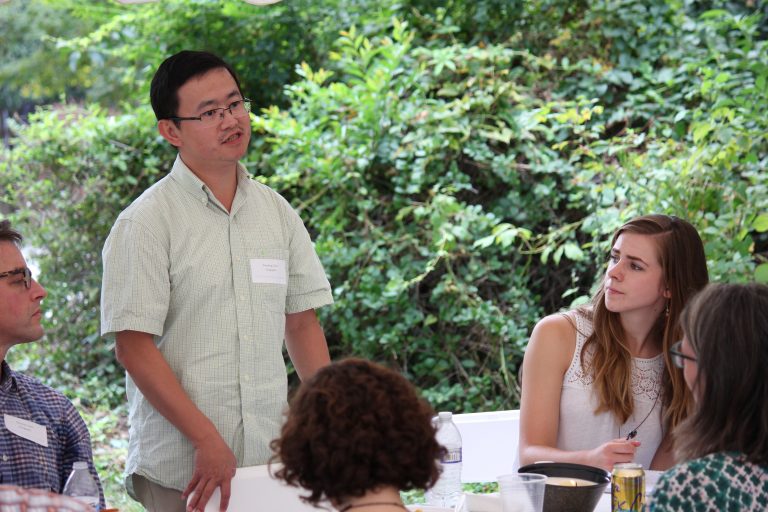
One favorite memory is the Faculty Fellows luncheons. They were always fun – I tried to make them fun with my bad jokes, sometimes not so bad! They were always kind of festive. Linda (Comer) does a terrific job with the flowers and music, and the food was always great. And the fellowship. Great people sharing their interests and good conversations. We’ve had good participation from the administration, so those luncheons were always a good time.
The luncheon helps people know what our other Fellows are doing and this has led to collaborations. At the very least it allows people to say, oh, I know somebody who’s doing “this” – to refer inquiries to the best people on campus. The University is terribly siloed – it’s the size of the University, with some three thousand faculty members spread out over a thousand-acre campus. There’s the College, there’s the School of Government, the School of Education, the School of Social Work – they have their own buildings, so how would you expect these people to ever meet? The Faculty Fellows luncheon shows that there’s more commonality than one might think in research interests across these departments and Schools. Like food research for example – you have people all over the University interested in food.
What are your hopes for the future of CURS?
I would love for it to continue to be a place for cross-disciplinary research. A place people work through because they feel that it is in their best interest; that CURS supports them in ways that they find valuable. My original concept that I talked about when I first interviewed for director was a vision of having to constantly step aside when I’m walking around Hickerson House because there are so many people working at the Center. A Center for interaction. So that’s what it continues to be, and I hope it grows as a place for people to come for research support and intellectual enrichment.
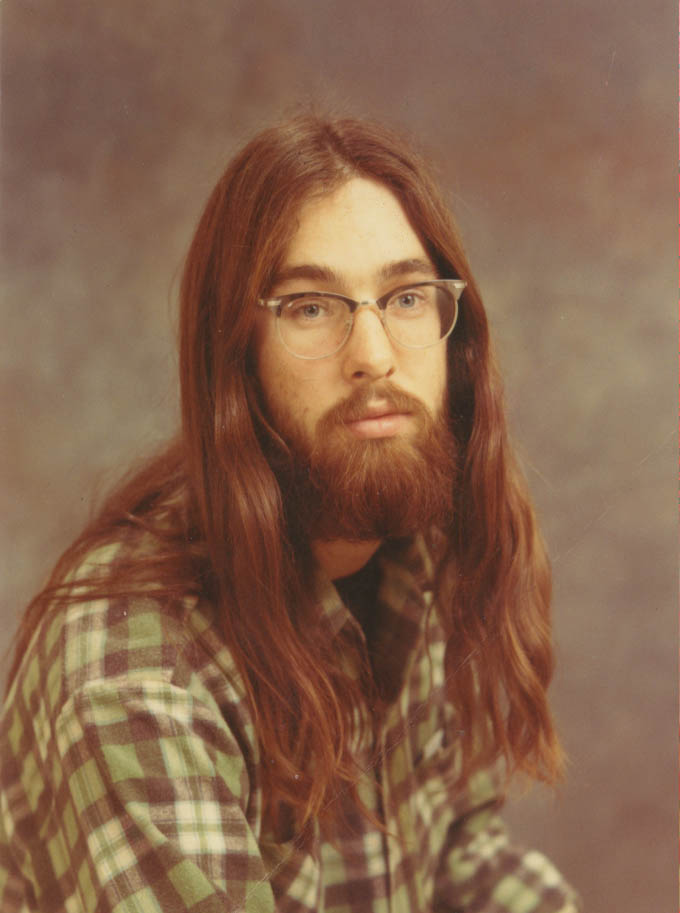
What made you interested in doing research on housing and community development issues?
I grew up in a very suburban environment on Long Island, and then went to the University of Buffalo which was anything but suburban – in terms of the history of the city, where the university was located, and where I lived in Buffalo. My major was psychology and sociology which I really enjoyed, but then it came time to start thinking about what I was going to do when I graduated! I had a roommate who was in the Environmental Design School at Buffalo and he would come home and make little models of buildings and so on, which I found kind of interesting. Then I found that there was an emergent field called man-environment relations; it also went by the name environmental psychology. I was already fascinated by the old neighborhoods’ tenement buildings in Buffalo so it all came together when I realized I could apply my social science education to the design professions. I took some classes my senior year in environmental design and that led me to want to continue studying and doing research on the issue of how the man-made environment impacts human behavior and social relations. So, that’s the program I ended up applying to at Penn State. It was called Man and Environment Relations and its focus was the application of the social sciences to the design professions.
After graduate school, I was really happy to get a faculty appointment at UNC-Chapel Hill, which was, and still is, one of the top programs in the country. I was originally hired to replace Stu Chapin, who was basically a land use planning person. The first courses I taught were in land use but I was always interested in neighborhood planning. Over the first five years or so, I morphed from land-use to housing and community development, so the neighborhood planning was kind of the in-between stage. Then I got involved with Mike Stegman, who did a lot of housing research and we started teaming up on research projects that were more in the housing field. Somewhere along the line in the late 70s, early 80s, we created a housing and community development specialization within the department.
What are you most proud of during your time at CURS?
I feel proud of building an organization that matters to a lot of people. CURS has made important contributions to the careers of both faculty members and students and has produced a large body of policy relevant research. It’s a well-respected organization. We’ve increased our visibility at the University, state and national levels.
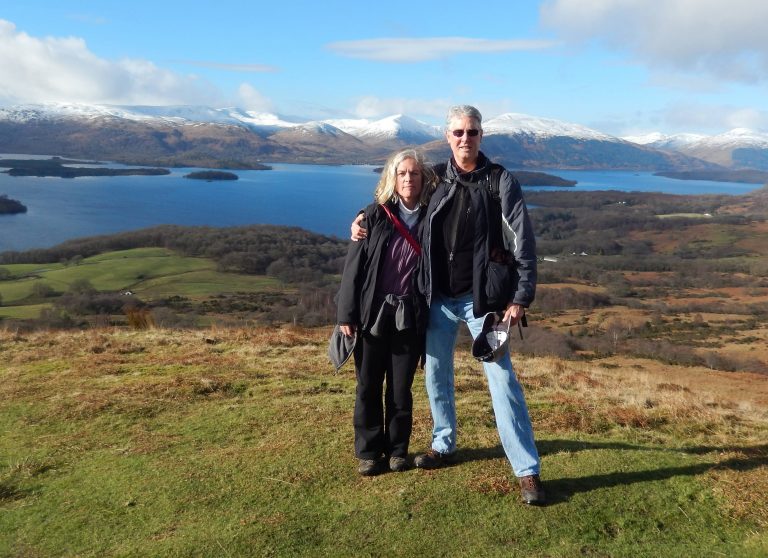
What’s next for you?
Three things: First, more self-directed research and writing. As center director you need to go after projects that you think you can get, because the whole enterprise is about bringing in external research funding and helping Faculty Fellows find financial support for their scholarship. Frankly, a lot of that came from the way I’ve defined my responsibilities – bring in projects that can help generate overhead which helps keep the staff on board, helps pay for the non-personnel costs, helps us hire people like Michael (Webb). Michael is 100 percent funded with soft money. I’ve helped provide research opportunities for graduate students – we’ve always had at least one PhD student as an integral member of our Charlotte Housing Authority work. Right now, Attie Jaramillo is working on the health data set for his dissertation and he has brought fresh energy to the work we have been doing in Charlotte. You know, lots of PhD students have gotten their dissertation research from the projects that I brought in.
So, as I move into phased retirement, I can say, I’d rather focus on some other non-funded project. Of course, as we talk, I’ve got five projects! But it’s not all that satisfying to be jumping from project to project, so I’d like to be able to dive in and really be more involved with some of the data collection and the interviews, and just be able to focus my creative thinking about a particular topic – rather than chasing after new grants and contracts.
Another thing I’m looking forward to is more travel. In the next year, I’m going to be teaching two courses in the fall so I will not have to teach in the spring. That will allow my wife Jamie and I to travel to the southern hemisphere in January and February where it will be summer. We plan to travel to places like Chile and New Zealand.
The third thing will be just having a bit more free time – a bit more leaving work at four o’clock, deciding I’m not doing Fridays. I’ll take three-day weekends – I don’t know about regularly – but more three-day weekends. Just stepping it down a bit and dialing down the treadmill. But I’m not going anywhere. I love North Carolina and UNC-Chapel Hill so I have no plans to move. So, whether people like it or not, I’ll be around!
This is an edited version of the conversation. To read the full story, visit CURS’ web site.

